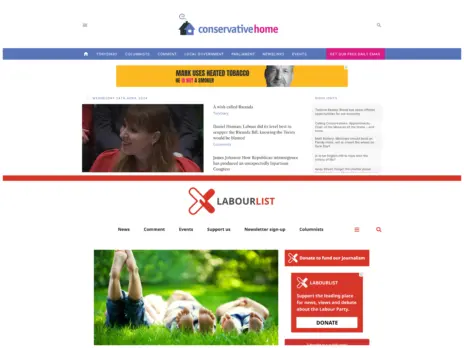
Journalists today start their careers with triple the amount of debt that they carried ten years ago, according to a new survey.
A National Council for the Training of Journalists study claims that the median average level of debt for an entry-level journalist now stands at £15,000, compared with £4,750 in 2002.
The survey states that the average salary for journalists aged under 24 was £17,500.
Some 1,067 journalists took part in the Journalists at Work survey, which also found that the average salary of a journalist has fallen by 12 per cent in real terms in the last ten years to £27,500 a year. If the average had kept pace with inflation it would stand at £30,815 (compared with £22,500 in 2002).
Those working in newspaper journalism are said to earn half what colleagues in broadcasting do.
The survey suggests that the average (median) salaries for journalists working in different sectors are as follows:
- Newspapers: £22,500
- Television: £45,000
- Radio: £35,000
- Online: £35,000
- Magazines: £27,500
- Other: £27,500
The survey also found that male journalists are much better paid on average than women. The median average salary for men is £35,000 according to the survey, while pay for women stands at £27,500.
Despite the real-terms wages decline in income, happiness has apparently gone up. Only 3 per cent of journalists surveyed do not enjoy their job compared with 6 per cent in 2002.
The survey uses data from the Labour Force Survey to estimate that there are 62,000 journalists currently in the UK workforce (that figure excludes authors, writers and those working in PR). Using the same data it says that there are 38,000 working in PR.
The NCTJ believes that the total has gone down "slightly" since 2002, when the the same survey estimated that there were between 60,000 and 70,000 journalists working in the UK.
Around four per cent of journalists are under the age of 25 compared with 13 per cent of the rest of the working population.
The survey showed that since 2002 the proportion of freelance journalists has increased from 21 per cent to 28 per cent.
Some 83 per cent of new entrants into journalism did some form work experience before getting a job, of these placements 92 per cent were unpaid and the average trainee had done seven weeks of work experience in total. Some, the survey said, had done as much as a year of unpaid work.
According to the survey, 63 per cent of journalists (up from 58 per cent in 2002) now hold a journalism qualification – 73 per cent of those had an NCTJ-recognised qualification.
The journalists' average week is 39.4 hours long compared to the UK average of 33.1 and 82 per cent said they think this is “reasonable”.
According to the survey, 29 per cent of journalists “have confidence in the existing system of regulatory procedures on journalism” while 27 per cent do not have confidence in it.
The NCTJ Journalists at Work Survey 2012 can be read in full here.
Email pged@pressgazette.co.uk to point out mistakes, provide story tips or send in a letter for publication on our "Letters Page" blog






